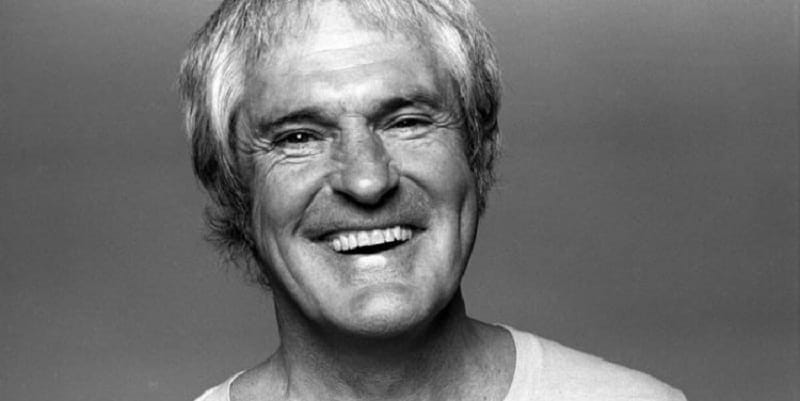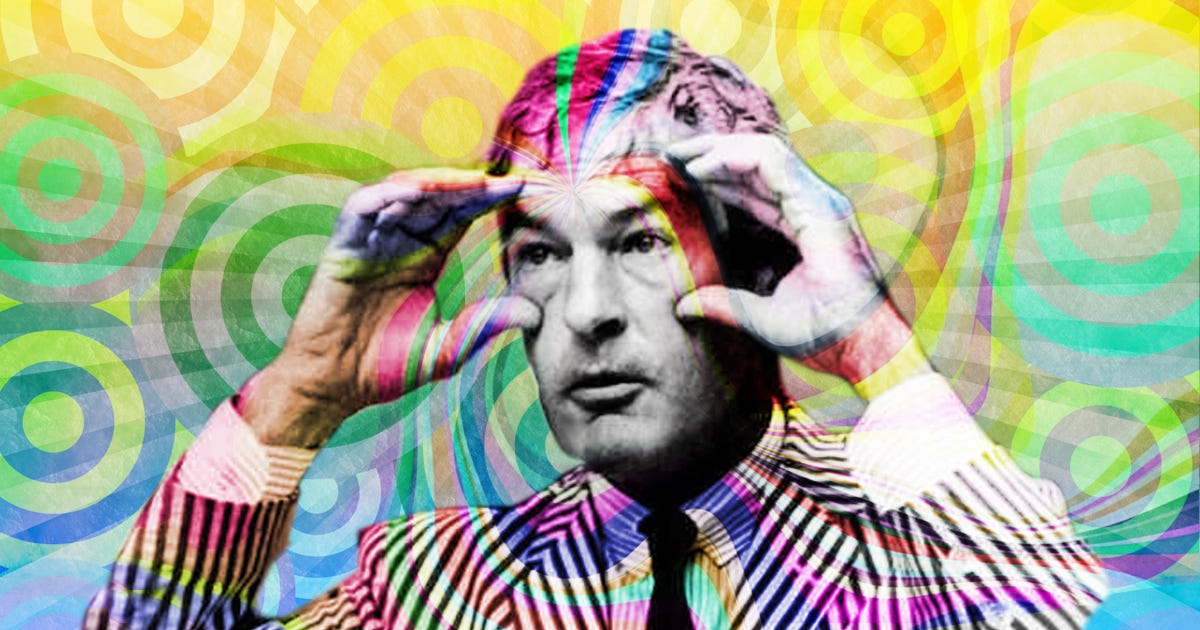Timothy Leary
Timothy Leary was a prominent American psychologist and countercultural figure known for his research on psychedelic drugs and his advocacy for their use.
Born on October 22, 1920, in Springfield, Massachusetts, Leary's life and career were marked by controversy and radical ideas. Here is a detailed history of Timothy Leary, the psychologist:
Early Life and Education (1920-1950):
1. Early Years: Timothy Francis Leary was born to an upper-middle-class Irish Catholic family. He grew up in a stable and traditional environment during the 1920s and 1930s.
2. Education: Leary attended the College of the Holy Cross in Worcester, Massachusetts, where he studied psychology and became interested in human behavior and consciousness.
3. Military Service: During World War II, Leary served as a clinical psychologist in the U.S. Army. This experience exposed him to various psychological testing methods and gave him insight into the minds of soldiers.
Academic Career (1950-1960):
1. Harvard University: After the war, Leary pursued a doctorate in psychology at the University of California, Berkeley, where he completed his dissertation on the social dimensions of personality. He later joined the faculty at Harvard University.
2. Psilocybin Research: In the early 1960s, Leary and his colleague Richard Alpert (later known as Ram Dass) conducted pioneering research on the effects of psilocybin, a hallucinogenic compound found in certain mushrooms. This research marked the beginning of Leary's association with psychedelic substances.
Countercultural Icon (1960s):
1. Turn to Psychedelics: Timothy Leary's advocacy for the use of psychedelic substances like LSD and psilocybin attracted considerable attention. He believed that these substances had the potential to expand human consciousness and promote personal and societal transformation.
2. Famous Phrase: Leary coined the phrase "Turn on, tune in, drop out" as a call to explore altered states of consciousness through psychedelic experiences and to reject conventional societal norms.
3. Legal Troubles: Leary's outspoken advocacy for psychedelics led to clashes with authorities. He faced legal troubles and was arrested multiple times on drug-related charges.
Exile and Later Years (1970s-1996):
1. Exile and Escapades: In the early 1970s, Leary went into exile to avoid further legal persecution. He traveled internationally, lived in various countries, and was involved in various escapades, including a prison escape with the help of the Weather Underground, a radical left-wing group.
2. Later Writings: During his exile, Leary continued to write and lecture on consciousness, spirituality, and the potential benefits of psychedelic experiences. He authored several books during this period.
3. Return and Final Years: Leary returned to the United States in the mid-1970s and was eventually apprehended and imprisoned. After his release, he continued to be an influential figure in the counterculture and the emerging cyberculture of the 1980s and 1990s.
Legacy:
1. Psychedelic Movement: Timothy Leary played a significant role in popularizing and destigmatizing psychedelic drugs, contributing to the 1960s counterculture and the broader psychedelic movement.
2. Controversy and Criticism: His work and views were polarizing, with many in the scientific community condemning his advocacy of mind-altering substances, while others praised him for pushing the boundaries of consciousness exploration.
3. Cultural Impact: Leary's ideas and experiences left a lasting impact on American culture and the way society views consciousness, alternative lifestyles, and the role of drugs in self-discovery.
Timothy Leary passed away on May 31, 1996, but his legacy as a psychologist, advocate for psychedelic exploration, and countercultural icon continues to influence discussions surrounding the nature of consciousness and the potential benefits and risks of psychedelic substances.


